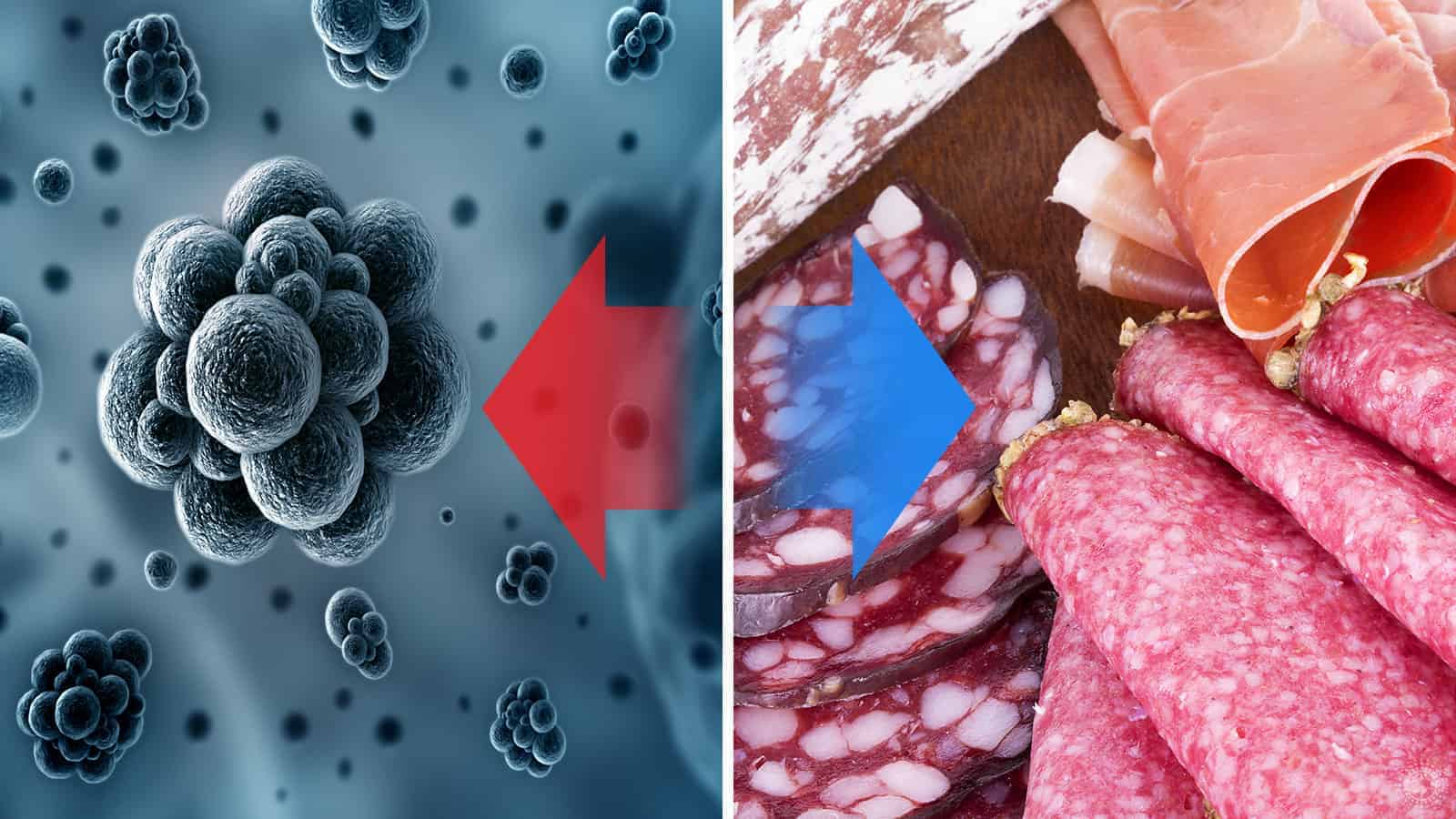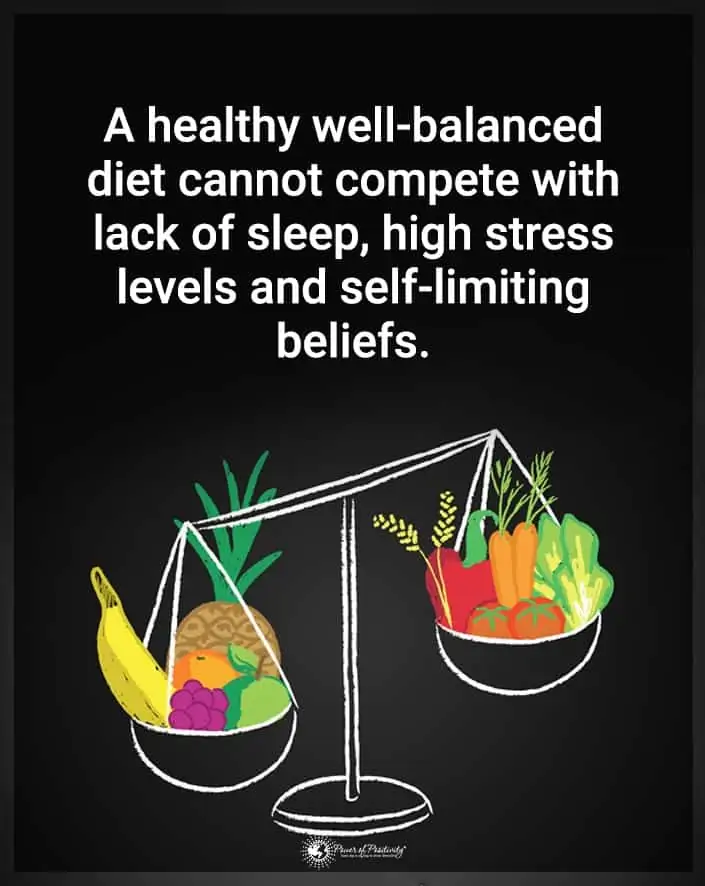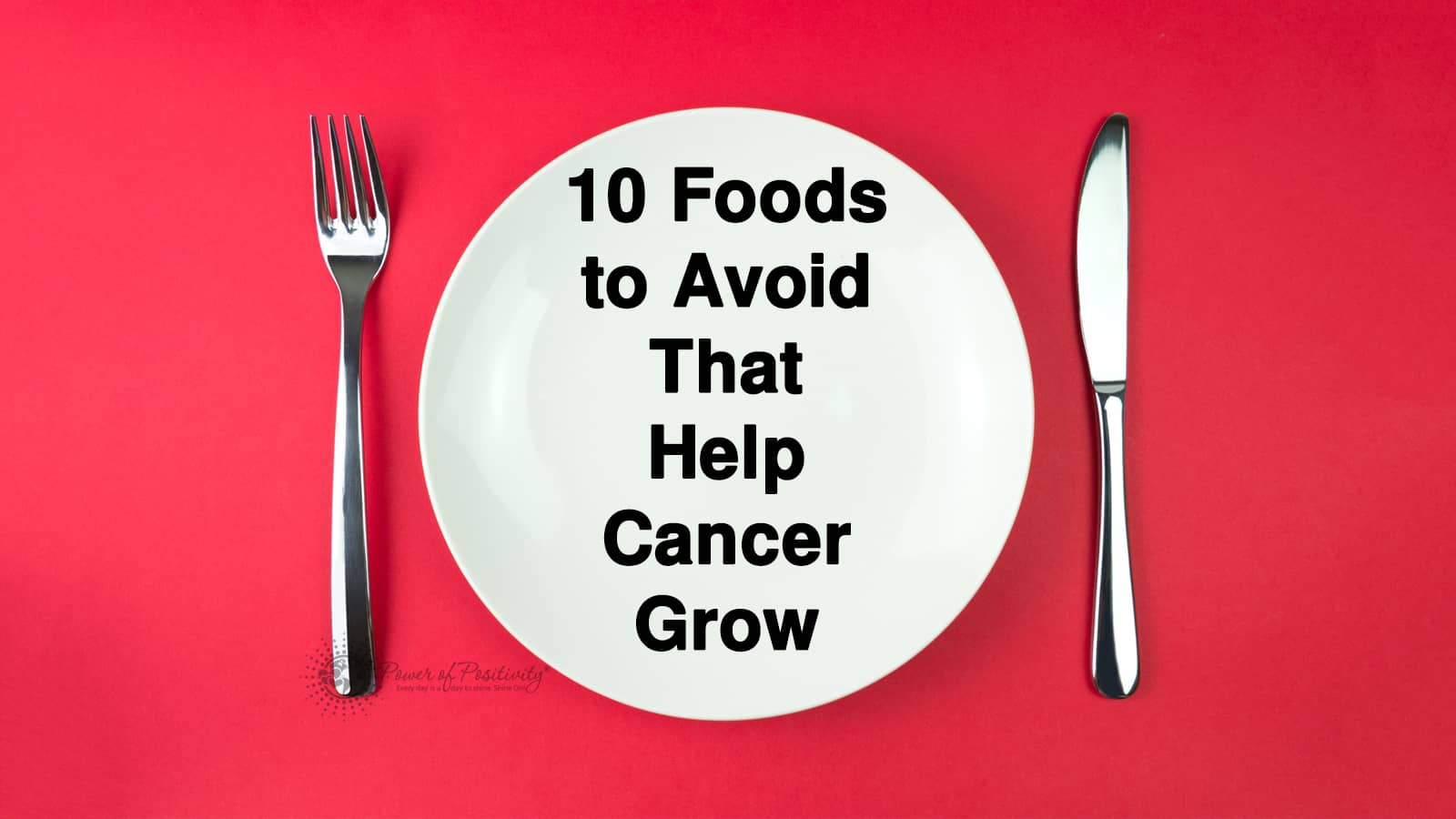For several years, scientists and researchers have been trying to find conclusive studies that link one’s diet to an increased risk of cancer. While it has been widely believed to be a factor, studies have been inconclusive – that is, until recently.
On May 22, 2019, in the Oxford Academic Cancer Spectrum, JNCI, a study was released demonstrating a correlation between diets and cancer. This study was performed in 2015. The research conducted by multiple scientists and researchers concluded that about 5.2% of all new cancer cases in 2015 were related to an unhealthy diet.
About 4.4% of those cases are directly attributed to a poor diet. The study also showed 0.82% of cancer cases indirectly related to a poor diet caused by the effects of obesity. In 2015, reportedly, 80,000 new cancer cases were associated with eating an unhealthy diet. Colorectal cancer had the highest percentage of diet-related cases.
Diets were studied based on seven factors: whole grain, dairy, fruits, vegetables, meats, processed meats, and sugar-sweetened beverages. Definition of a poor diet: those who ate a subpar amount of vegetables, fruits, dairy products, and whole grains, but an increased amount of processed meats, red meats, and sugar-sweetened beverages.
A poor diet contributed to the highest number of cancer cases. The majority of the individuals representing this margin consisted of middle-aged men between 45 and 64 years of age and racial or ethnic minorities.
The overall statistics of this cancer study revealed the following:
- A deficiency in whole grains accounted for the higher percentage of cancer cases in 2015 at 1.8%.
- Low dairy consumption made up 1.2% of cases.
- Eating high amounts of processed meats equaled 1%.
- Eating a low amount of vegetables made up 0.8%, and a small quantity of fruit made up 0.5%.
- A high red meat intake accounts for 0.4%.
- Drinking high amounts of sugar-sweetened beverages accounted for 0.2%.
As the results pertain specifically toward the diet as a direct factor:
- 7% of cases were due to insufficient whole-grain products.
- 2% of the cases resulted from inadequate dairy consumption.
- 8% of cases connect to eating processed meat.
The number of cases of cancer-related to obesity, as an indirect dietary consequence, came from:
- Low fruit intake, making up 0.2%.
- High amounts of sugar-sweetened beverages, making up 0.2%.
What foods or nutrients decrease the risk of potential cancer?
The link between specific foods or nutrients and cancer can be difficult to ascertain for a couple of different reasons:
- Certain foods may contain additional substances that may either increase or decrease cancer-causing reactions.
- It’s not always about what you eat, as it may be related to how much of something you eat. Red meat, eaten in moderation, may not cause cancer. Yet, eating it seven days a week increases your chances.
- External things may influence if a substance increases or decreases its chances of causing cancer. For example, cooking specifically red meat at a very high temperature, such as frying or barbecuing, has shown to release a chemical that increases cancer risk.
Summary of Foods and Nutrients Recommended to Prevent Cancer
In May of 2019, the Editorial Board from Cancer.Net provided the following as currently believed to either aid in prevention or potentially minimize cancer risk. Cancer.Net Editorial Board consists of over 150 medical professionals from various fields as well as patient advocates.
Plant-Based Foods/ Phytonutrients
- Red, orange, yellow, and some dark green vegetables make up the Carotenoids, or carotenes family.
- Lycopene is a carotenoid you can most commonly find in tomato products. Pink grapefruit, watermelon, and apricots also fall into this list.
- Studies have yet to prove concretely whether there is a link between lycopene and cancer.
- Soy contains specific phytonutrients that may help protect against certain types of cancer. More studies are necessary to add better clarity as to how soy may prevent cancer.
- Edamame, tofu, soy milk, and miso are safe soy products to eat as often as three times a day. It is believed they may decrease breast cancer risk.
- Doctors do warn about avoiding concentrated isoflavone pills and powder
- Some of our favorite foods contain this powerful antioxidant: herbs, spices, certain vegetables, tea, coffee, chocolate, nuts, apples, onions, berries, and some other plants.
- Allium compounds make chives, garlic, leeks, and onions a healthy addition to our diet.
- Antioxidants protect us against oxidants, which damage or weaken our cells. Oxidants originate from our normal cell processes or exposure to certain pollutants.
- Some nutrients on the list of antioxidants consist of beta-carotene, selenium, and vitamin C and E.
- Selenium has tentatively shown to reduce new cases of prostate cancer, lung cancer, and colorectal cancer. However, one study linked selenium to a higher risk of diabetes.
Fiber
- Think of fiber as little sponges that absorb the water in your intestines and colon to add bulk to your stools. This allows for the faster elimination of waste and quicker digestion.
- Fiber acts as nourishment for all the gut bacteria, aka microbes, found in your intestines. Gut bacteria have several overall physiological benefits, including potentially decreasing the risk of a cancer diagnosis.
- Much of our flour, bread, pasta, and cereals consist of processed grains. The naturally healthy elements were stripped out to make the end product softer and texturally appealing. Real grains are whole grains without any processing.
- The best sources of fiber are whole grains, including barley, oats, svelte, psyllium, corn, and rye.
- We can also get a high amount of fiber from beans, lentils, and split peas.
- Vegetables and fruits are an additional source of fiber that provides antioxidants, vitamins, and minerals.
Animal Protein
- Animal Protein consists of meat, fish, poultry, shellfish, certain dairy products, and eggs.
- Specifically, red meat and processed meats link to cancer concerns.
- Red meat includes pork, beef, veal, and lamb. You can eat red meat but limit your intake to about 18 oz per week.
- Processed meats include jerky, hot dogs, salami, lunch meat, and other cured meat products.
Cruciferous vegetables
- Studies of cruciferous vegetables show promise in regulating the enzymes that defend against cancer. Scientists continue to study how they may also prevent cell growth in other ways, but the study results have been inconsistent.
- These vegetables consist of broccoli, cauliflower, cabbage, Brussels sprouts, bok choy, turnips, and kale.
Vitamins, minerals, and other nutrients.
- Vitamins and minerals such as calcium, iodine, vitamins A, D, K, and the vitamin B family decrease your chances of getting cancer.
- Currently, no study concretely proves that taking a multivitamin reduces cancer risks. One study published in Clinics in Colon and Rectal Surgery shows that people who have taken a multivitamin for over 10 years had reduced colon polyp formations. Colon polyps may potentially turn into colon cancer if not removed early on.
- Calcium and vitamin D are recommended for many women who are going through menopause. They have not been proven to affect colorectal cancer risk.
- Vitamin C. According to the Memorial Sloan Kettering Cancer Center team, some studies suggest that it decreases your risk of specific kinds of cancer.
- Beta-carotene in high doses does not seem to prevent cancer.
- Folic acid. Many processed carbohydrate foods, especially bread and cereal, are enriched with folic acid.
- Studies have shown that people with low folate levels have a higher risk of breast cancer, colon cancer, and pancreatic cancer. Yet, clinical studies have not shown that taking extra folic acid will necessarily prevent a cancer diagnosis.
Alcoholic beverages alcoholic beverages
-
- Alcohol increases the risk of developing certain types of cancer.
What is the link between weight and a cancer diagnosis?
Being overweight or obese is the second largest preventable cause of cancer. More than one in 20 cancer diagnoses are caused by excessive weight. This risk only increases the more weight a person gains and the longer they’re overweight.
We tend to think of fat as just this thick, squishy substance that attaches to our bodies. In truth, fat is like the rest of our body in that it:
- It is a storage house for energy.
- Communicates with the other systems in the body and helps with cell growth, reproduction, and chemical reactions of other cells.
Therefore, when we have an overabundance of fat cells, it communicates something different to these systems than it would have when within the normal range.
Consider how body systems react to fat:
- Increased fat equates to increased insulin and other growth hormones. This leads to an increase in more cell division.
- A higher quantity of fat in the body attracts more cells to it, resulting in an increase in inflammation in the body. With inflammation comes more cell division.
- For post-menopausal women, the hormone estrogen, produced by fat cells, can speed up the cell division in the womb and breast area.
What was in common in all of these actions? Cell division. Higher frequency and quantity of cell division are like betting on a game of probability. The more you smash tennis balls against a wall, the higher the chance that you might get hit by one. The more cells dividing, the higher the chances that they will become broken protein cells. Broken protein cells, when not filtered out, further divide inside the body. They then have a higher chance of becoming cancerous.
Currently, the link between obesity and cancer is only relevant to adults. Yet, children who are obese are five times more likely to be obese than adults. The good news is that you can decrease your risk proportionate to the weight loss by losing weight.
Final Thoughts on Poor Nutrition and an Increased Risk of Cancer
Scientists confirming this link between cancer diagnosis and a bad diet is a big deal. You can be sure that even further studies will be done to help us better understand and fine-tune the details. While many things can cause cancer, regulating our diet is in our hands. We have the control to make appropriate decisions to prevent or reduce our risk of getting cancer. That makes diet another big step toward doing away with this horrific disease.

















 Community
Community

